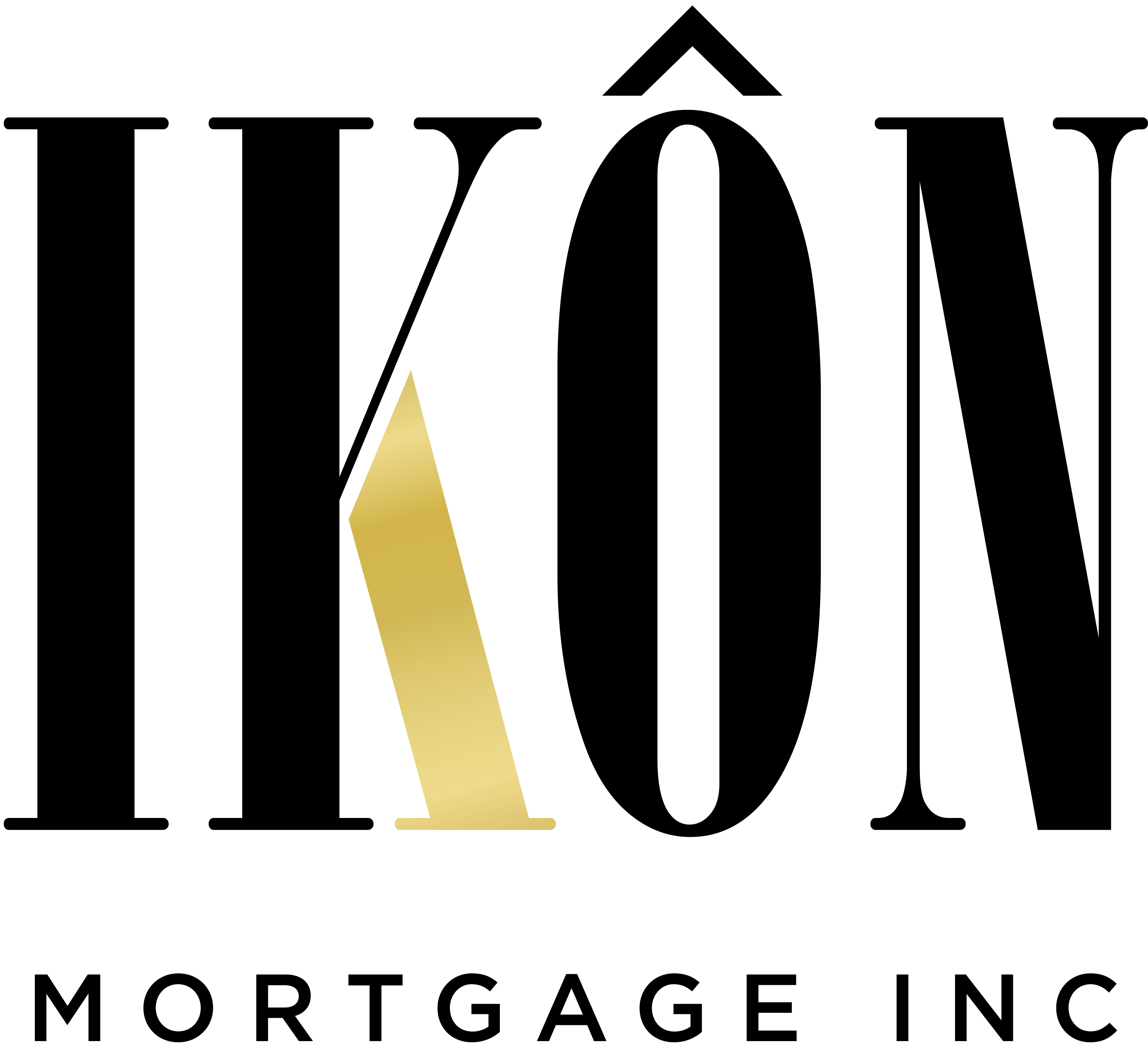You may be considering mortgage forbearance a financial relief if you have experienced a financial hardship such as job loss, natural disaster or major illness during COVID-19. Forbearance is when your mortgage servicer, that is the company that sends your mortgage statement and manages your loan, or lender allows you to pause or reduce your payments for a limited period of time. While forbearance could be a great financial relief for homeowners dealing with an event that impacted their ability to pay their mortgage, there are some downsides and risks to mortgage forbearance CARES Act.
1. Mortgage Forbearance is NOT Mortgage Forgiveness – A forbearance agreement allows a borrower to pause or reduce payments for a period without the lender starting the foreclosure process. In return, the borrower agrees to resume payments when the time is up and pay the additional deferred amount, including principal and interest, to bring the account into good standing at the end of the forbearance agreement. The borrower is required to either pay the full amount of “skipped” payments in one lump sum or work with their current mortgage servicer on payment plan. FHA and VA loans allow the borrowers to hold off on paying the full amount of their forbearance period until their mortgage is paid off. Let’s say your monthly mortgage payment is $2,000, “skipped” 6 months, then you owe $12,000 at the end of term. You are going to be hit with big lump sum payment at the end of forbearance agreement.
2. Indefinite forbearance “exit” lender guidelines – Law does not indicate how these mortgage companies are to exit forbearance as of today. There are still a lot of details that need to be delineated such as property tax and insurance and how this will be handled if you have an escrow account. Who is going to pay homeowner’s insurance and property tax when you are not making mortgage payments?
3. You cannot refinance your mortgage – If you are currently under forbearance program, you are not eligible for refinancing your mortgage. There is a seasoning requirement before you become eligible for refinance, and mortgage guidelines are subject to change daily and without notice.
In summary, mortgage forbearance may be a great financial relief if you are experiencing difficulty making on-time mortgage payments due to COVID-19. However, we do not recommend forbearance option if you are able to make payments while your income is decreased. You may re-arrange your budget to downsize during this time and it is wise to keep making mortgage payments if you are able to. Please read our blog posted on April 16th 2020, 3 Refinance Solutions during COVID-19 and consult with your mortgage advisor before you consider forbearance. Forbearance should be the last resort to avoid foreclosure or facing serious financial hardship because it is NOT a mortgage forgiveness program. If you can refinance your mortgage without any upfront costs and have similar benefits as forbearance, refinancing is much better options.



